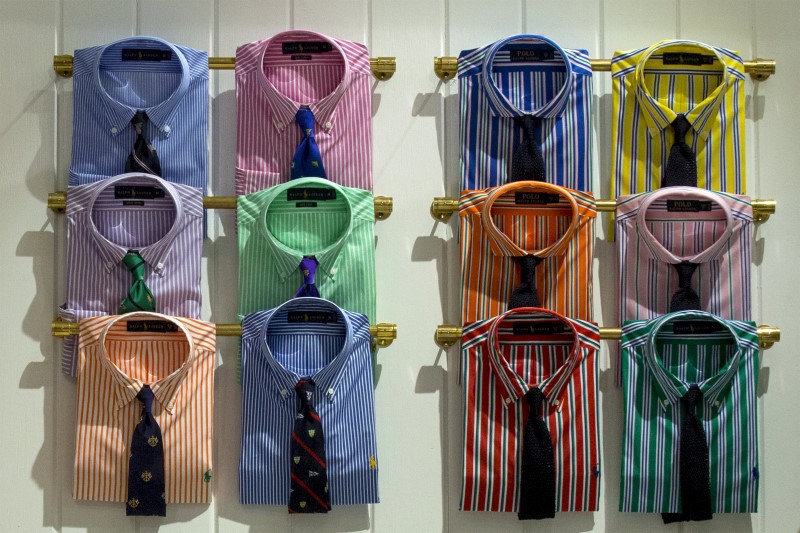This post was originally published on this site
https://i-invdn-com.investing.com/trkd-images/LYNXMPEJ790I9_L.jpg
(Reuters) -Ralph Lauren on Thursday forecast current-quarter sales largely below Wall Street expectations, as demand for its pricey sweaters, shirts and outdoor wear tapers amid a broad slowdown in U.S. luxury spending.
After a robust spending spree last year, affluent shoppers in the U.S. have now cut back on luxury goods purchases as sticky inflation and high interest rates have spooked even the wealthy.
Ralph Lauren (NYSE:RL) saw a 10% drop in quarterly revenue in North America, joining luxury names from LVMH and Gucci-owner Kering (EPA:PRTP) to Canada Goose in reporting weaker demand in the region, also hurt by shrinking wholesale orders.
While Ralph Lauren’s core higher-income customers remained resilient, CFO Jane Nielsen said the company was cautious on North America where the sector was growing increasingly promotional.
But she added the market was expected to improve sequentially in the current quarter.
Meanwhile, sales in China surged more than 50% in the first quarter ended July 1, as demand picked up following the lifting of COVID-19 restrictions. That drove Asia revenues up 13% to $378 million.
However, China’s recovery has been slower than expected, with concerns mounting around consumer spending, in a hit to the luxury sector that had heavily banked on a sharp China rebound to bolster sales.
“Going into 2023, luxury brands were expecting the second half of the year to be better. But as the U.S. consumer has really slowed down on discretionary spending, that really has added to the conservatism (in forecasts),” said Jessica Ramirez, senior analyst at Jane Hali & Associates.
Shares were down marginally in early trading.
Ralph Lauren expects second-quarter revenue to be flat or rise slightly from a year earlier, compared to analysts’ estimate for a 3.3% rise. It reiterated annual sales forecast.
Net revenue rose slightly to $1.50 billion in the first quarter, while analysts had expected a marginal drop. Adjusted earnings of $2.34 per share also topped Refinitiv estimates of $2.13.

